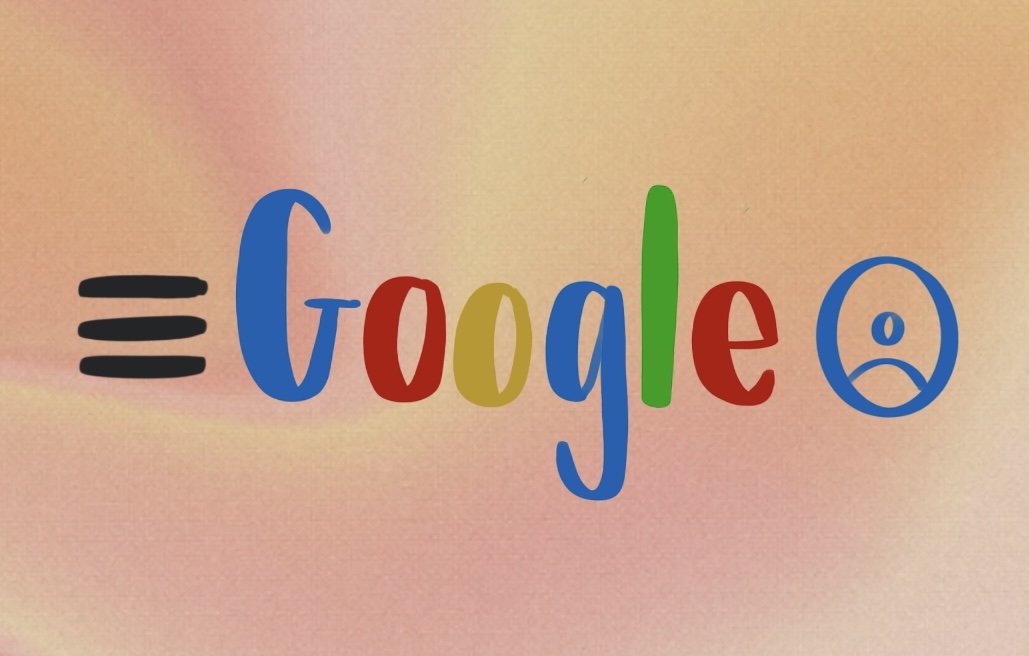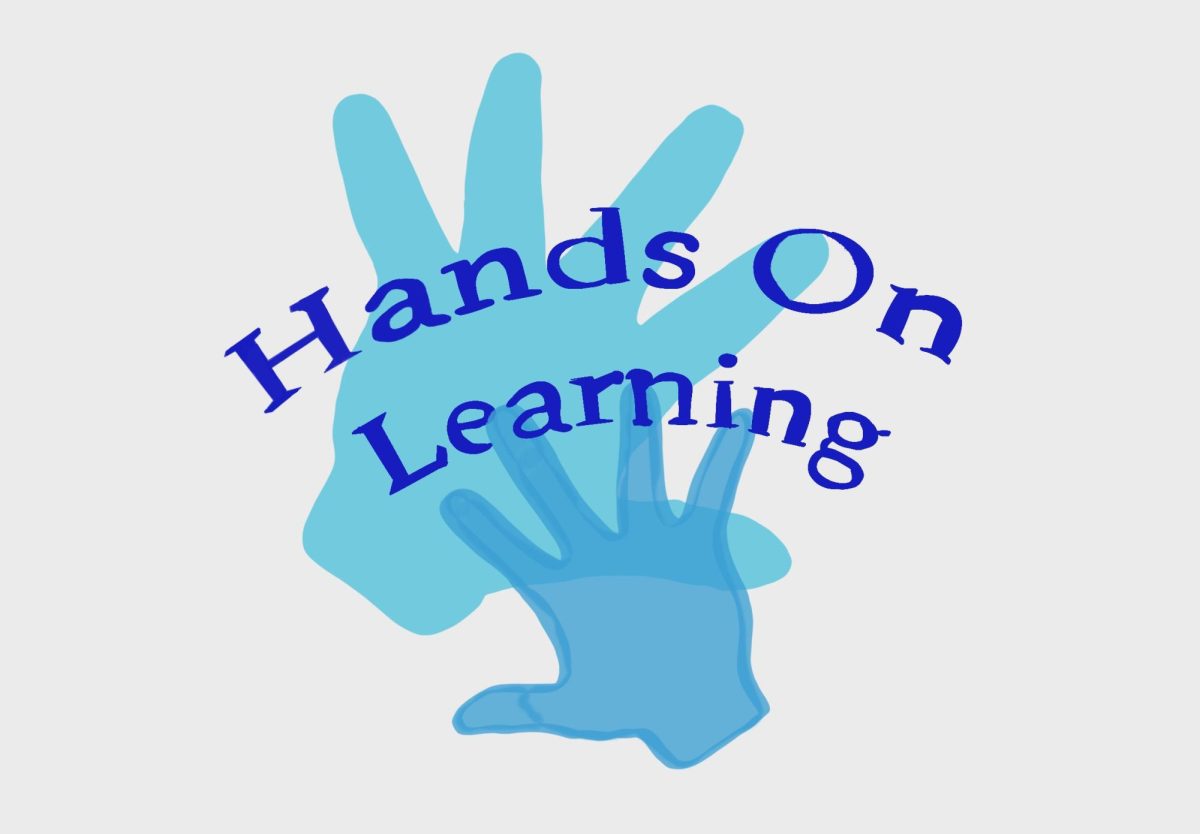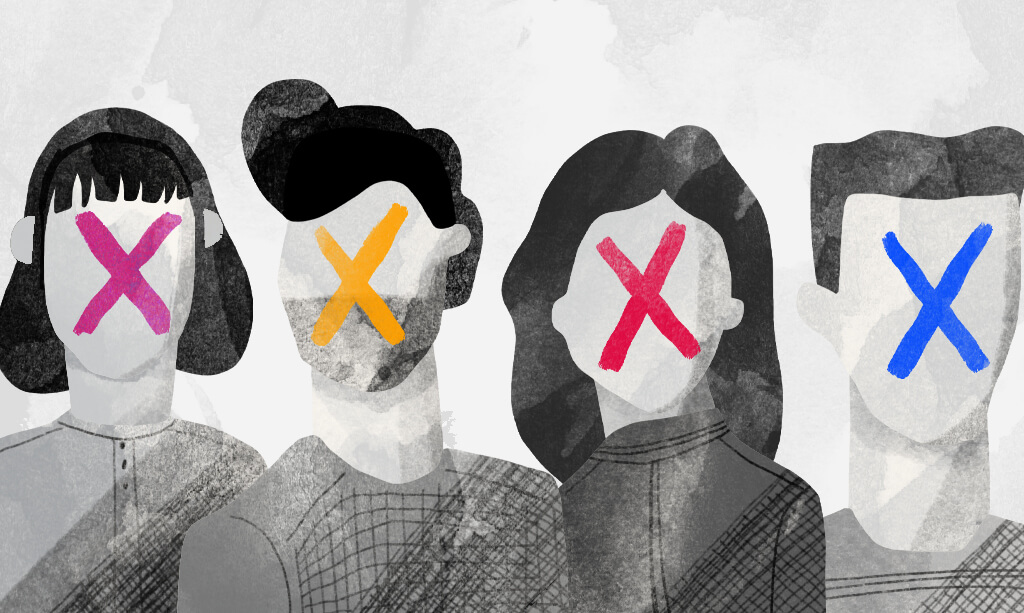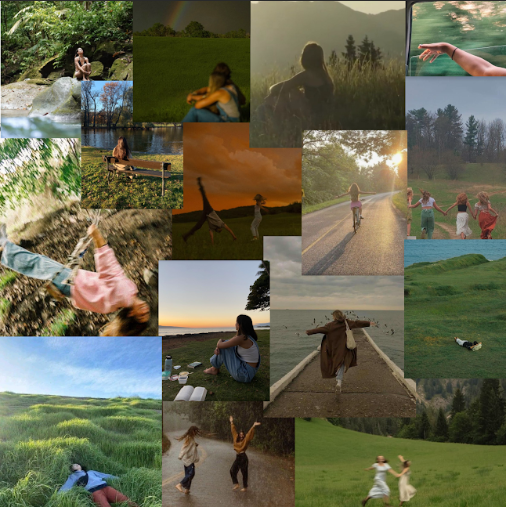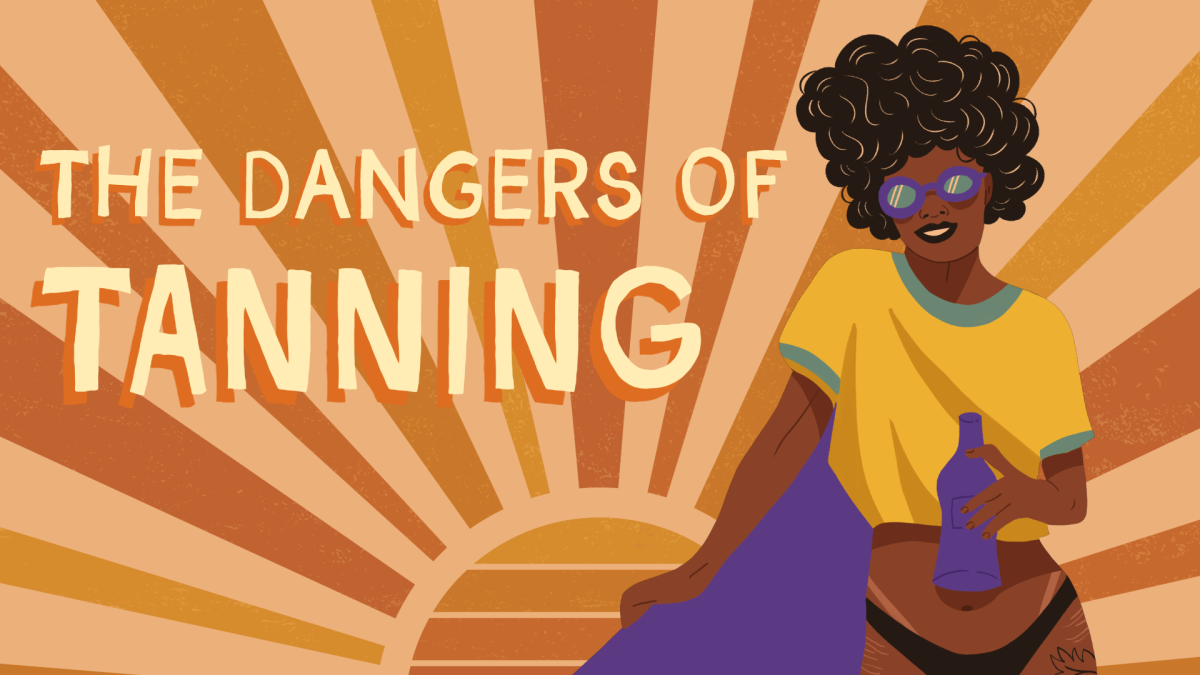Over the years Google has become synonymous with online searching. Any question can be answered within seconds of a Google search. Nowadays, whether it be TikTok or ChatGPT, Gen Z is always finding the most advanced and efficient resources to access information. Unfortunately, members of Gen Z are steering away from the use of Google which is leading to misinformation from unreliable platforms.
TikTok consumes the time of many teenagers’ lives. The app started off solely for entertainment purposes and is beginning to gravitate towards a search engine.
Differing from Google search results, TikTok has an algorithm with a focus on keeping you on the app as long as possible. Rather than giving you the efficient answer that Google is able to provide, TikTok will feed you content based on previous videos you’ve interacted with.
“TikTok is also not out to inform you either, it mainly wants to generate as much interaction as possible,” Professor of Digitisation and Social Media Tom De Leyn said in an interview with the Brussels Times. “So it recommends videos that elicit a lot of reactions, and that users are less likely to verify. TikTok also has much less experience with content moderation and filtering search terms, so you can see it has a long way to go in that area.”
TikTok is able to distract its users from the purpose of their search. Rather than finding one set answer to your question, TikTok now provides search suggestions under many videos which expands curiosity and results in many unnecessary clicks. These suggestions result in associations to the content you are consuming, keeping users intrigued and on the app for longer amounts of time.
Using TikTok for researching information can warp someone’s perspective of a topic. The biased information that TikTok feeds its users can be toxic. Rather than aiming to educate people, TikTok creates entertaining content that solely satisfies its users. The limited content people are being fed can lead to tunnel vision that limits people’s perspective on certain topics.
Differing from TikTok, an app created for entertainment purposes, Google was designed solely for its abundance of information. Although Google can also make strange associations, it does not have algorithms that harm its users in order to keep it a successful platform.
“Google tries to direct users as quickly as possible to sites where they can verify suggested information. Additionally, Google has added filters and security mechanisms over the years,” De Leyn said. “For example, if you look up a well-known person, you usually end up at the relevant Wikipedia page.”
With the use of social media expanding, its user’s attention spans are shrinking. Teenagers use TikTok so frequently because it is an efficient and mindless way for them to process information. Videos on TikTok are short and engaging, therefore it is utilized by younger generations. Google searching requires reading and research while younger generations prefer entertainment that engages them and their shortened attention spans.
“After the Presidential debate I turned to TikTok to find the highlights rather than reading a summary of it,” WHS Student Sophie Murray said.
Many TikToks are created under the lens of personal bias. It is easier for information to be altered and edited through short videos online. TikTok is mainly a source of personal opinions, differing from factual news websites that can be accessed on Google. Similar to TikTok, Chat GPT is a cheat system for finding efficient answers to questions. Chat GPT is a software that can generate dialogue and answer any question as fast as you can type it.
As useful as the tool sounds, it is a lazy way to get the information you are looking for. Whether it be a search for a school project or even a search out of curiosity, ChatGPT feeds its users short answers that limit their learning and thought process.
If one was to search a question on Google, they would be given hundreds of various websites where they could absorb information on the topic of their choice. ChatGPT hands out information in small increments to the point where its users do not expand their knowledge on a topic.
Google now has an AI feature that appears at the top of Google searches where any question searched can be answered in a single sentence for you. As harmful as the lack of research can be for younger generations, why would anyone complain if AI has made their lives so much more efficient? Soon enough, Google could even crash since many people don’t see a need for it anymore.
“Google may be only a year or two away from total disruption. AI will eliminate the Search Engine Result Page, which is where they make most of their money,” a creator of Gmail Paul Buchheit said. “Even if they catch up on AI, they can’t fully deploy it without destroying the most valuable part of their business!”
With more and more people utilizing platforms such as TikTok and ChatGPT for information, we may be witnessing the fall of Google. This could harm future generations by diminishing their curiosity to expand their knowledge on different topics. The continuation of lazy internet searching will more likely than not weaken our society in the near future.



